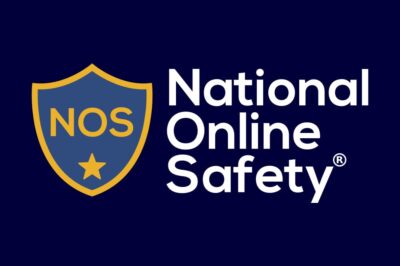
Please find the National College guide for ‘What Parents and Educators Need to Know About Roblox’ below.
Download: What Parents and Educators Need to Know About Roblox [PDF]
Thank you.
More Information
Roblox is hugely popular with children, offering millions of user-created games and social experiences. This #WakeUpWednesday guide explains how the platform differs from traditional video games, and why its scale, self-rating system and automated moderation can expose young users to inappropriate content or unsafe interactions.
